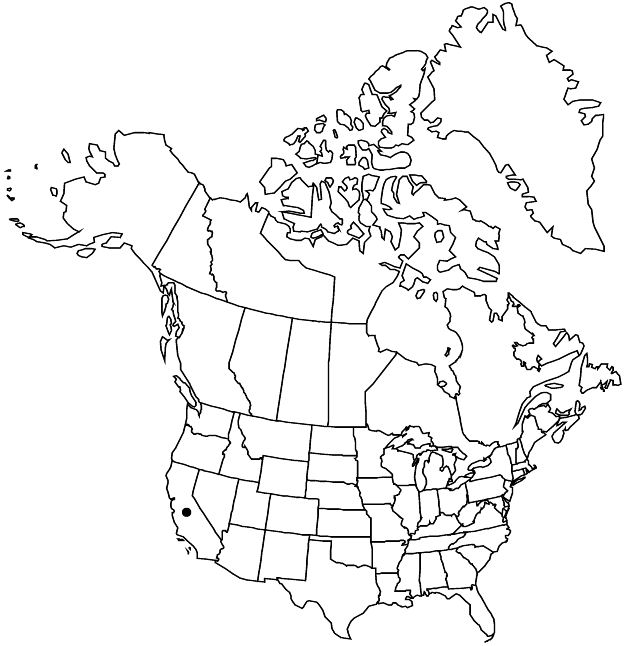Difference between revisions of "Ceanothus jepsonii var. albiflorus"
Leafl. W. Bot. 3: 231. 1943.
Endemic
FNA>Volume Importer |
imported>Volume Importer |
||
| (2 intermediate revisions by 2 users not shown) | |||
| Line 50: | Line 50: | ||
|publication year=1943 | |publication year=1943 | ||
|special status=Endemic | |special status=Endemic | ||
| − | |source xml=https:// | + | |source xml=https://bitbucket.org/aafc-mbb/fna-data-curation/src/2e0870ddd59836b60bcf96646a41e87ea5a5943a/coarse_grained_fna_xml/V12/V12_996.xml |
|genus=Ceanothus | |genus=Ceanothus | ||
|subgenus=Ceanothus subg. Cerastes | |subgenus=Ceanothus subg. Cerastes | ||
Latest revision as of 19:19, 5 November 2020
Stems erect. Flowers: sepals and petals white. Capsules ± oblong. 2n = 24.
Phenology: Flowering Feb–Apr.
Habitat: Rocky serpentine slopes and ridges, chaparral.
Elevation: 300–1000 m.
Discussion
Variety albiflorus occurs in the inner North Coast Ranges from Glenn County south to Napa County.
Selected References
None.
Lower Taxa
None.
